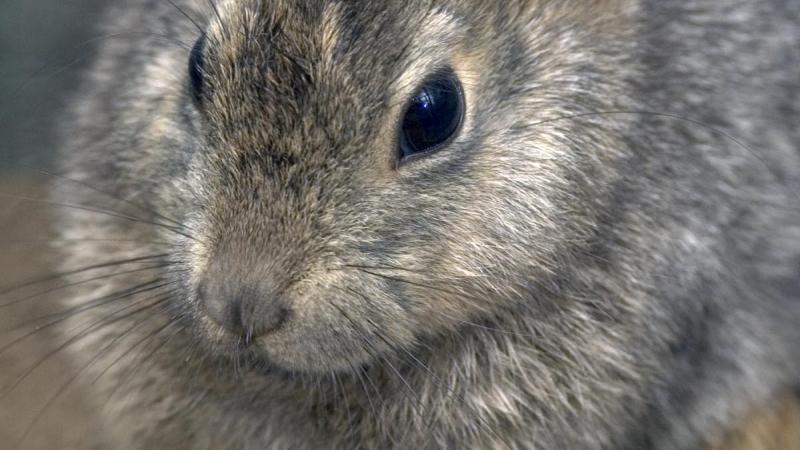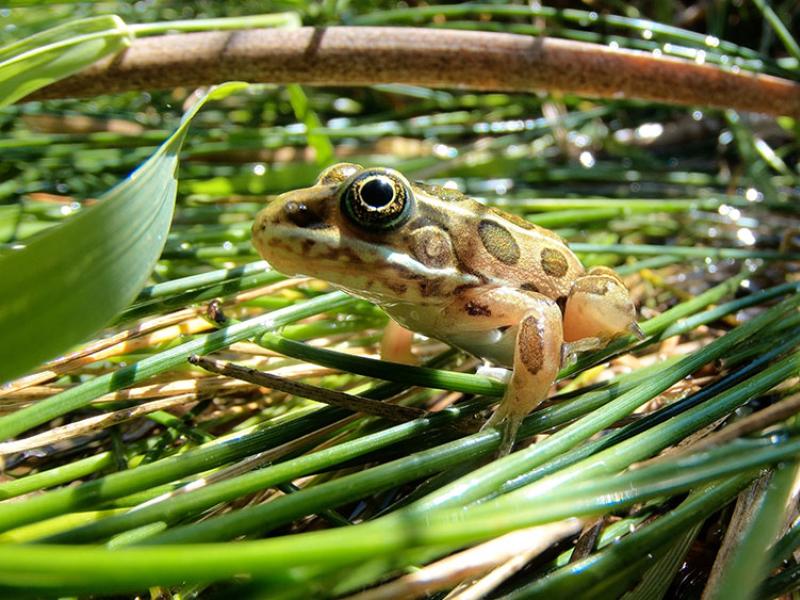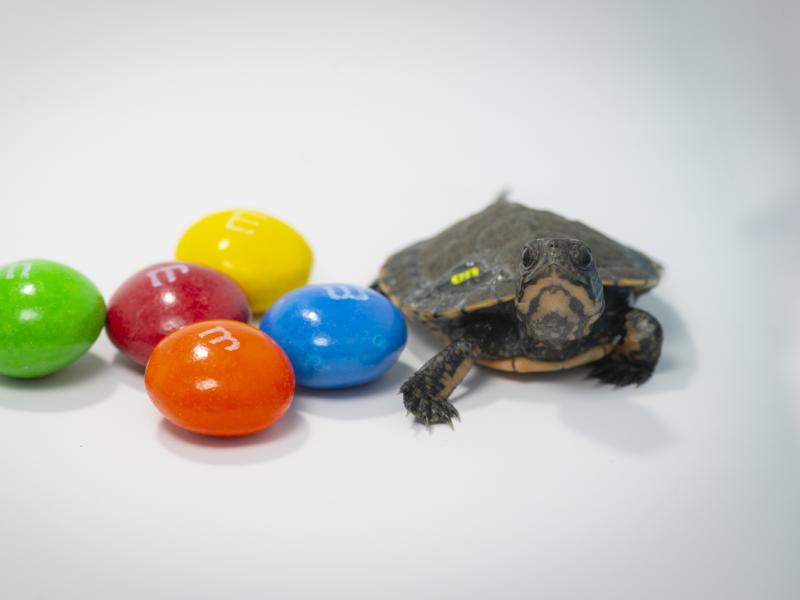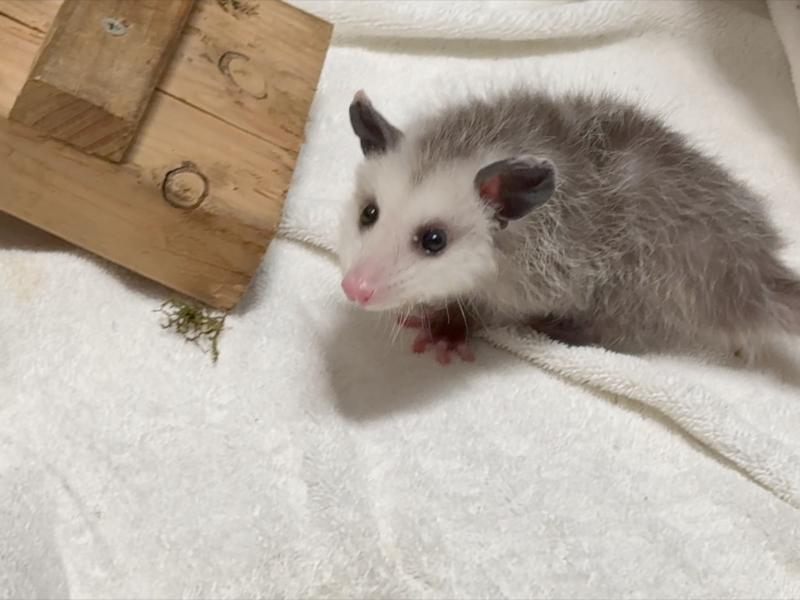
With DNA fingerprinting, researchers learn more about pygmy rabbit's comeback
Pygmy rabbits are known for their cute looks, but there's a lot more to learn about these one-pound wonders. A new study from the University of Idaho uses non-invasive DNA fingerprinting — via rabbit pellets — to assess how well pygmy rabbits are faring at two reintroduction sites in the Columbia Basin.
The pygmy rabbit is the smallest rabbit in North America. Since 2011, nearly 2,000 of them have been released into the Sagebrush Flats Wildlife Area in central Washington with the hope of creating a sustainable population. In 2017 another group of rabbits was released at a second location, nearby Beezley Hills.
"Monitoring these reintroduced populations is crucial to the success of the pygmy rabbit recovery effort," said Lisette Waits, head of the fish and wildlife sciences department at the University of Idaho. "The more we can learn about these rabbits, the more we can do to help them."
With funding from the Oregon Zoo Foundation's Future for Wildlife program, Waits and her team have begun monitoring the reintroduced population using fecal DNA sampling. They collected 340 pellet samples from active burrows during the winter months, and now they'll analyze them using DNA identification.
The information they gather will help to determine how many of the rabbits were born in the wild and how many were released. The results of this study will provide critical information on the success of the reintroduction efforts and inform future pygmy-rabbit conservation and management efforts.
In 2002, only 16 pygmy rabbits remained in Washington. The Columbia Basin pygmy rabbit is listed as endangered federally and in Washington state. Once on the verge of extinction, these kitten-sized rabbits are beginning to repopulate their historic range thanks to the Oregon Zoo and its conservation partners.
More News

A leap forward: Endangered frogs hit survival milestone
For the first time, zoo-reared northern leopard frogs survived a winter in the wild at the Columbia National Wildlife Refuge.June 12, 2025

Tiny Endangered Turtle Hatchlings Arrive At Zoo
Seventeen northwestern pond turtle hatchlings, each about the size of a walnut, are making themshellves at home at the Oregon Zoo this summer.June 4, 2025

Awesome opossum! Orphaned baby finds new home at zoo
A tiny opossum found wandering earlier this month has made his way to a new home at the Oregon Zoo.May 28, 2025

